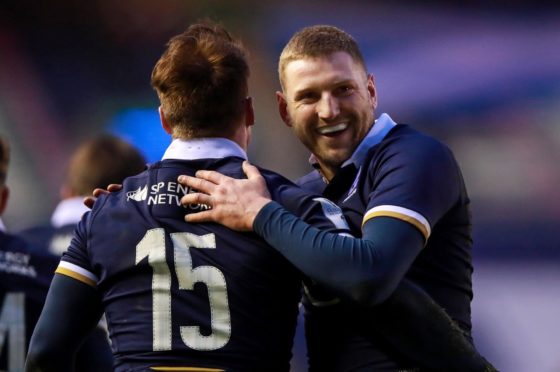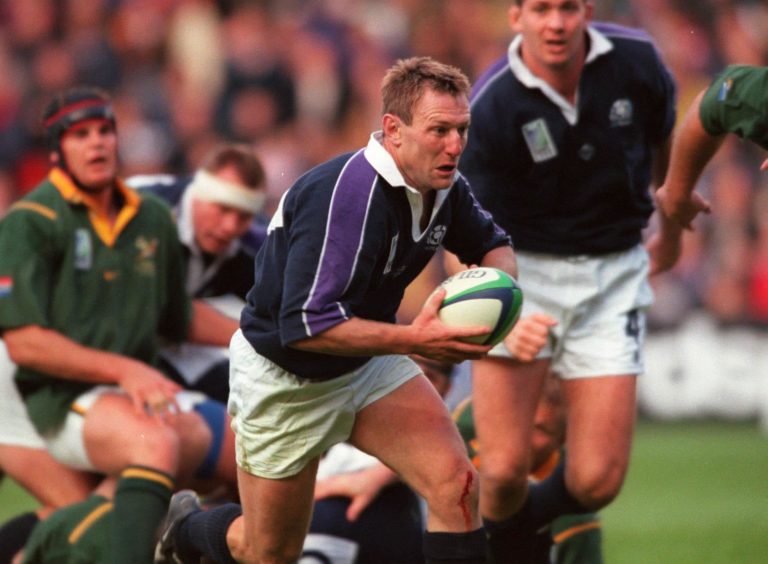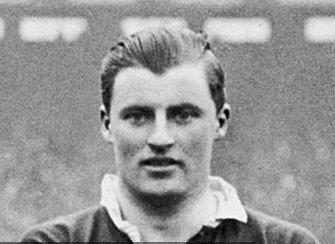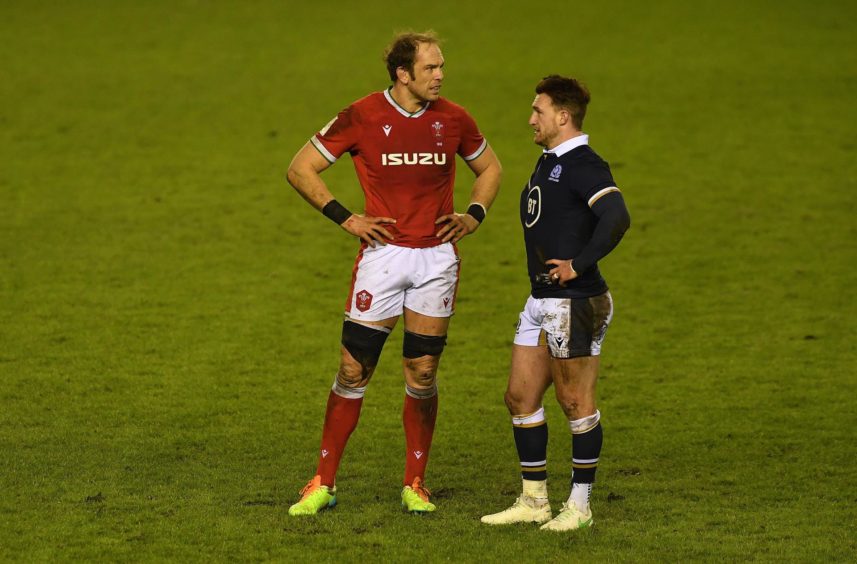The mists of time are a pretty good filter. They have a tendency to sift out the bad stuff quite effectively.
Hence the “good old days” when, if we all remembered properly, they weren’t good at all. But the mind’s eye tells us stories about our heroes.
I’m as guilty as anyone. In my mind, Viv Richards never played around a straight first ball and was castled. Kenny Dalglish never missed an open goal. And Andy Irvine never made a heinous error.
Irvine’s amazing game
Actually, we know that last one’s not true, because Irvine’s most famous game was the victory over France in 1980, when he made all sorts of appalling errors. He was booed by the Murrayfield crowd at half-time.
Of course, he then turned the game on its head with his genius in the last ten minutes scoring 16 points to turn a 14-4 deficit into a 22-14 win. It would have been 18 but he was too exhausted by his brilliance to convert his winning try.
Irvine was the ultimate hero to the 16-year-old journo-to-be on the East Terrace that day. But was he the greatest-ever Scotland player? One of them, no question, but with the maturity of experience, not the best.
The ultimate competitor
A friend and colleague once compiled a list of the 50 greatest Scotland rugby players for his publication, a gargantuan task much more pain-stakingly researched than this column. But knowing the writer, we all guessed from the start who No 1 would be – the teak-tough and ultimate competitor that was Gary Armstrong.
It was a sound choice, no question. The Jedhart warrior is one of the greatest players to pull on a Scotland shirt. Like Irvine, he was a Lion, and he was also a key member of the 1990 Grand Slam and 1999 Championship teams.
But while I’d have Armstrong in my all-time Scotland XV without a thought, was he the greatest-ever? He was injured often, and his service wasn’t the greatest. No greater competitor for sure, but debatable as the greatest-ever.
The amazing Flying Scotsman
A real contender for the greatest Scotland player is someone that surely no-one remaining saw play live. We don’t really know for sure if he was “The Flying Scotsman” who ran like the wind. His last game for his country was in 1933.
All we have is his stats, but they’re gobsmacking, and my favourites in rugby. Ian Smith scored 24 tries in 32 games for Scotland between 1924 and 1933. He’s still joint holder of Scotland’s try-scoring record, 88 years on.
He held the international try-scoring record –that’s absolutely everyone who played – until David Campese finally broke it in 1984. Smith held the Five/Six Nations championship scoring record until Brian O’Driscoll broke it in 2011 – BOD did it in 55 games, compared to Smith’s 32.
It’s astonishing that such records stood so long. Of course, we’re talking about eras 80 years apart, and massively different standards in athleticism and defence.
But Smith played against the best in his era, and the others the best in theirs – we can’t make any other direct comparison. Furthermore, there were no easy days in Smith’s time. All his test were championship games, there were no matches against overmatched minnows.
Smith was a wing, and even in the 20s and 30s it was not exactly the most influential position on the pitch. The midfield inside him featured Phil MacPherson, regarded at the time as a peerless tactican and distributor.
Both, as heroes of the immortal 1925 Grand Slam team, are among Scotland’s greatest players. But the best? Who knows for sure, now?
The greatest Scotland player ever is here and now
The more I idly think about it, the greatest-ever Scotland player is among us, right now. If he isn’t already the greatest, I have little doubt by the time he’s done in the international arena he will be. He’s most of the way there.
In my 50 years watching and 30 years covering Scotland, which encompasses Irvine, Armstrong, Big Gav, Rutherford and Laidlaw, David Leslie and all, no player has made me open-mouthed with awe as much as the current captain and full-back, Stuart Hogg.
That’s even with overwhelming cynicism and a jaundiced eye, a weary worldview caused by long spells watching failing Scotland teams. Even with those misty-eyed memories of all the eligible candidates I saw and loved, mentioned above.
No other player has made me move to the edge of my seat in anticipation as often – it’s not even close. And he’s been the X-Factor, like Irvine in 1980 or Armstrong in 1999, so many times, not least this year against England, Wales and France.
By the time he’s done, there will be no doubt
Hoggy’s international career actually perfectly dovetails with Scotland’s emergence from the dark ages of the 2010s. Almost overnight, he made Scotland great to watch again.
I concede, there may be what data people call a “recency bias” at work here. Hogg’s not been faultless – there was some growing up in public – but who is? Irvine certainly wasn’t, and neither was Armstrong.
Of course Hogg’s now captain as well, shouldering that burden yet to these eyes playing better than ever. And he’ll skate Smith’s ancient try-scoring record in time – inevitably – and probably Chris Paterson’s caps record as well.
It’d be nice if Scotland won some title under his charge, or he was a hero on a Lions Tour. But to me that would only confirm what’s becoming more and more obvious.
Stuart Hogg is the best rugby player Scotland have ever had.




